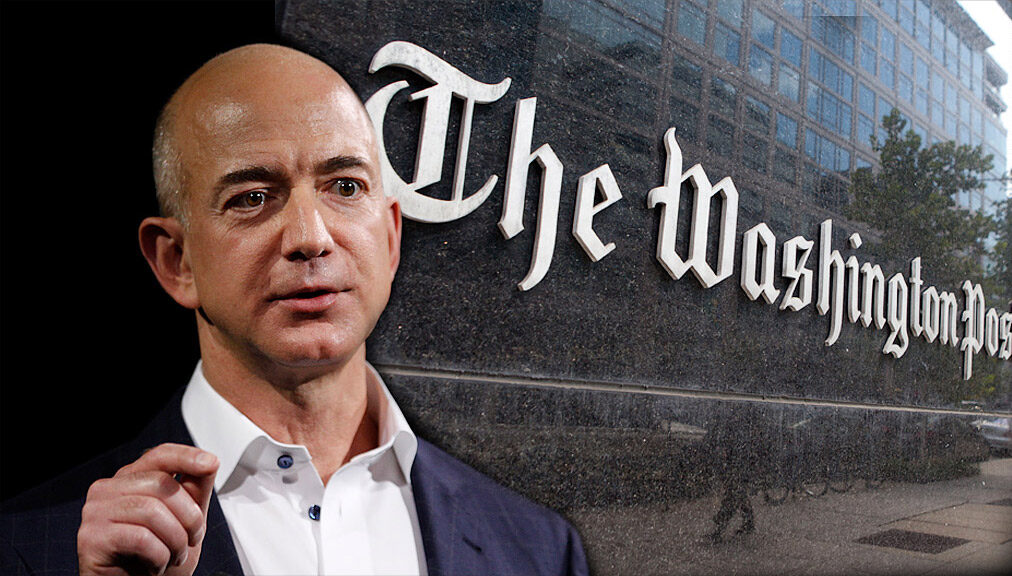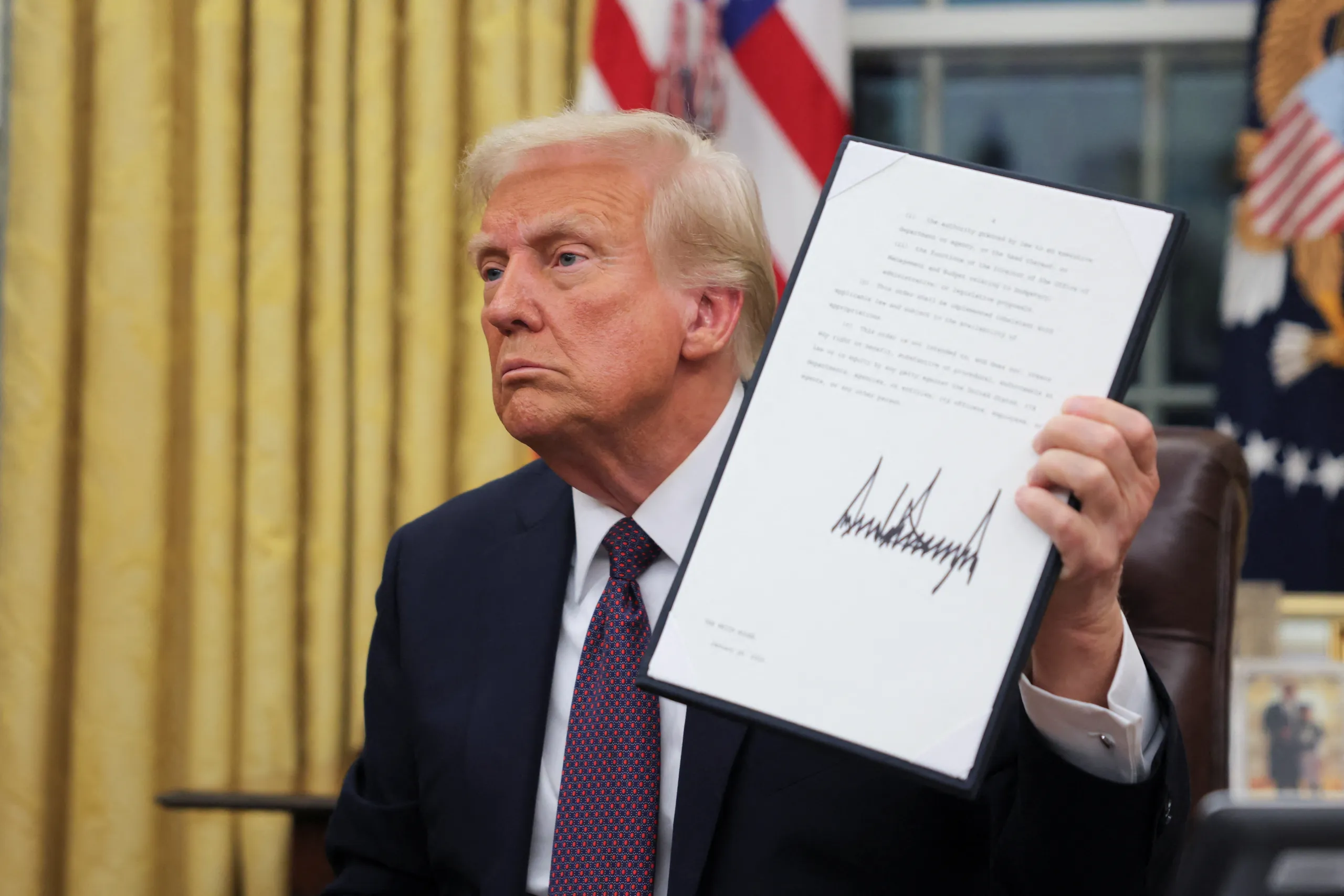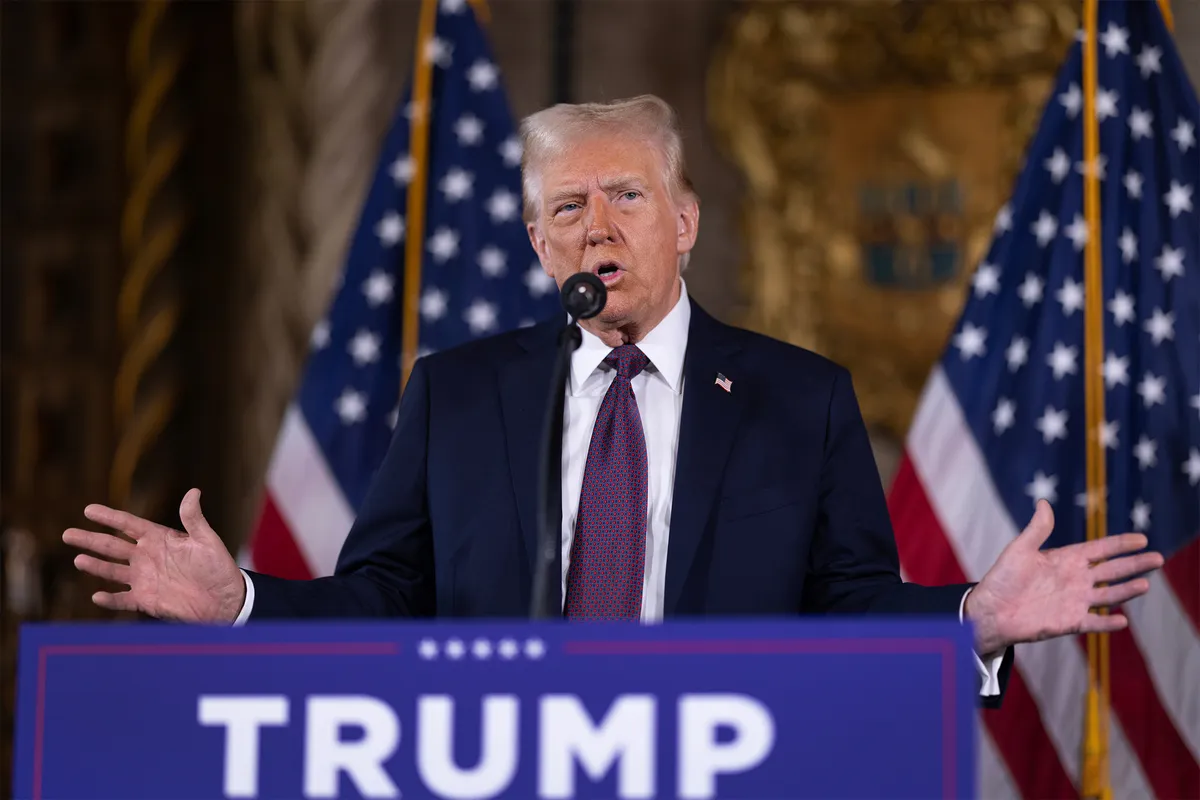A few days before the 2024 U.S. elections, The Washington Post declared it would not endorse either presidential candidate. Initial backlash increased when Jeff Bezos, owner of the newspaper explained his decision in a self-written article in the paper.
While some media outlets have an unconfirmed bias towards a side within the political spectrum, it is the custom for many U.S.-based newspapers to openly endorse a presidential candidate. However, in a year where polls had never been closer, The Washington Post decided to break this tradition.
Deciding not to endorse
In the past, the Washington Post consistently endorsed the democratic presidential candidate, endorsing Obama in 2012, Clinton in 2016, and Biden in 2020.
The decision to not endorse a candidate this year was met with backlash both within and outside the editing rooms. The Washington Post experienced a significant drop in subscriptions, and many in the online world called the decision “spineless”. Meanwhile, journalists at the Post opted to leave the newspaper expressing their disappointment. For many, the decision was akin to censorship. How exactly the decision was communicated internally remains unclear.
Following the public response, Jeff Bezos took to publishing the reasoning behind this controversial decision. Bezos based the reasoning behind the decision on the historically low level of trust people have in journalism. According to him, declaring for either candidate would undermine this low trust even further. Bezos also claimed the futility of a presidential endorsement, claiming that it would do very little to influence the decision of US voters.
The importance of journalism
Herein lies the the large issue of such a decision. While most would agree that any news outlet should be objective and unbiased, taking away the endorsement fundamentally poses a challenge to one of the most important objectives a journalist has: to inform and to educate. The US elections highlights the importance of informing and educating.
Endorsements by newspapers might not have a direct one-to-one effect on the election, but these articles work to inform the people on the stances of the candidates.
Especially in the US, and especially in an age of extreme polarisation, journalism as a whole needs to take the responsibility to inform to lead. Bezos’s claim that it has little to no effect is, in that regard, borderline disrespectful to the hustle of journalism.
And his decision to remove this endorsement was not only to censor, but to fundamentally incapacitate journalists. Bezos’s goal behind this decision lies in repairing the trust people have with journalism, but removing its voice will not allow journalists to repair that trust. Journalists cannot take responsibility if the opportunity is removed by the owner.





